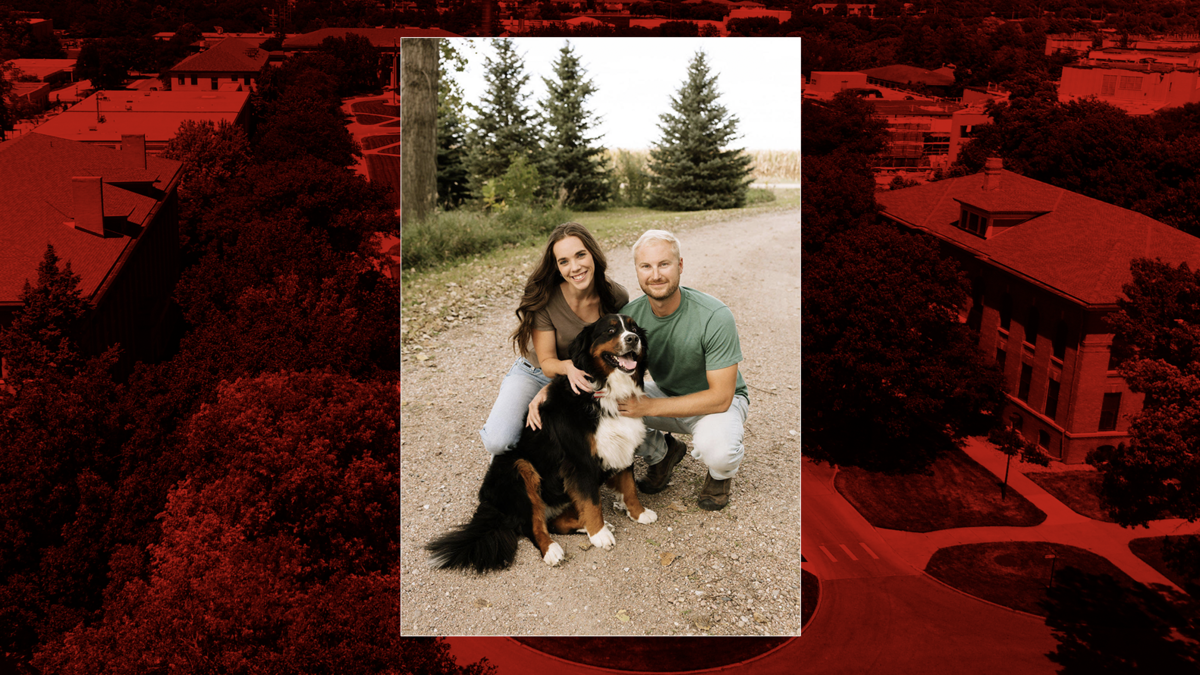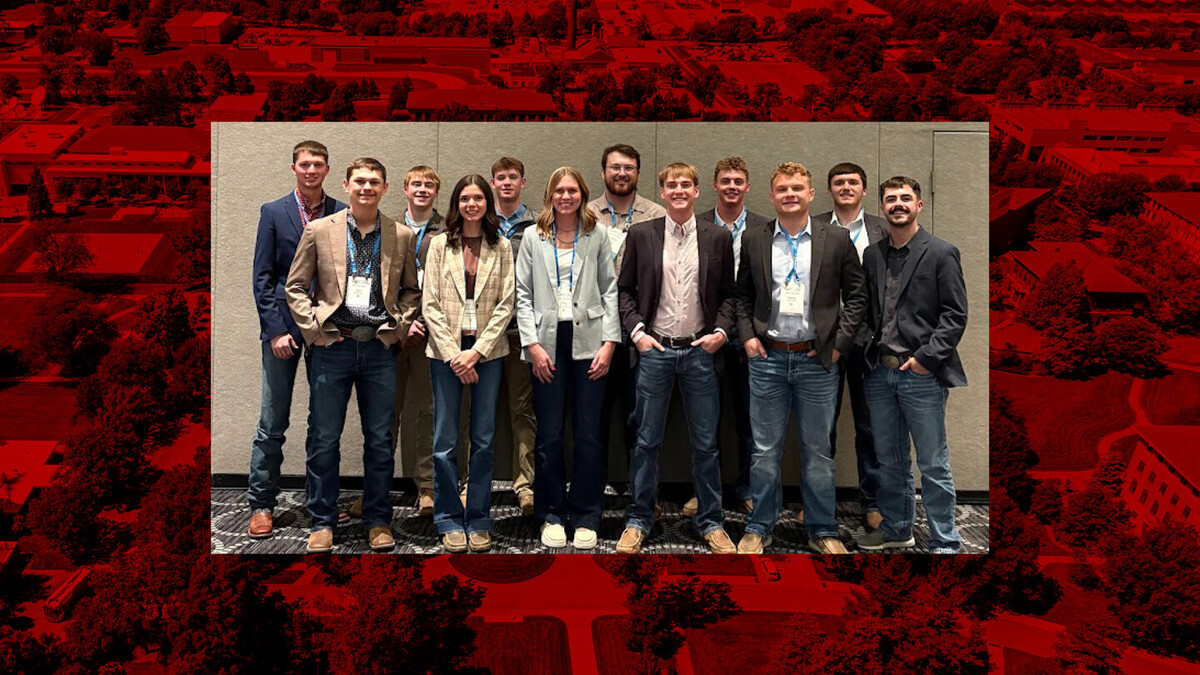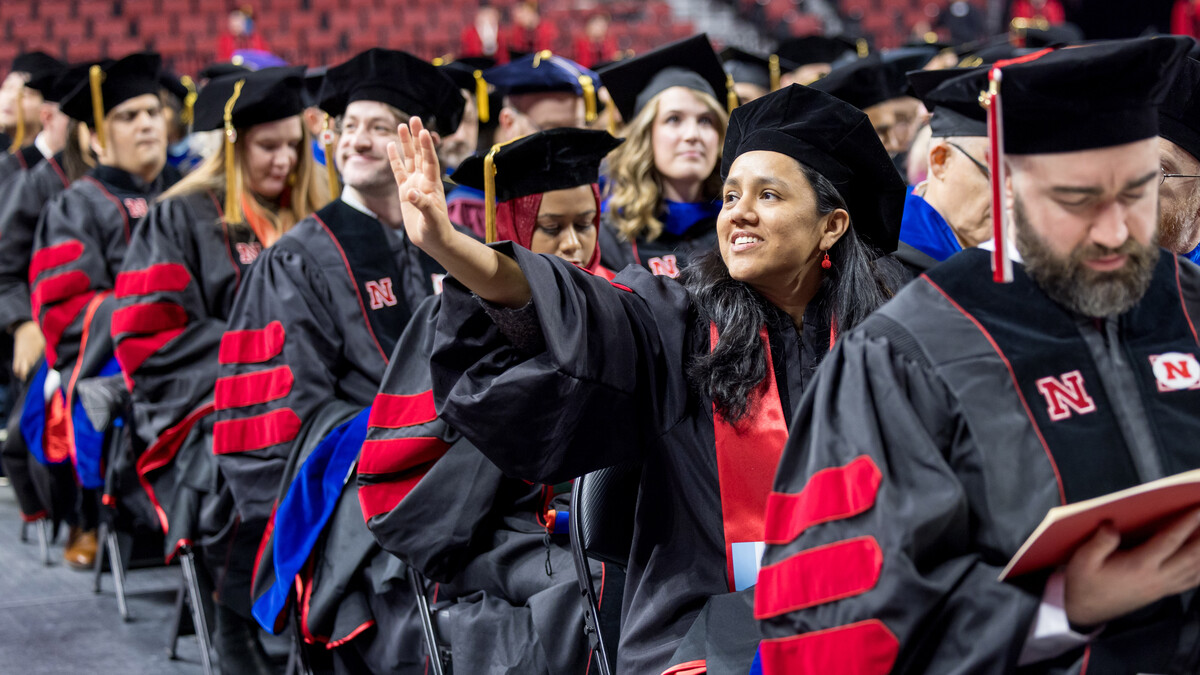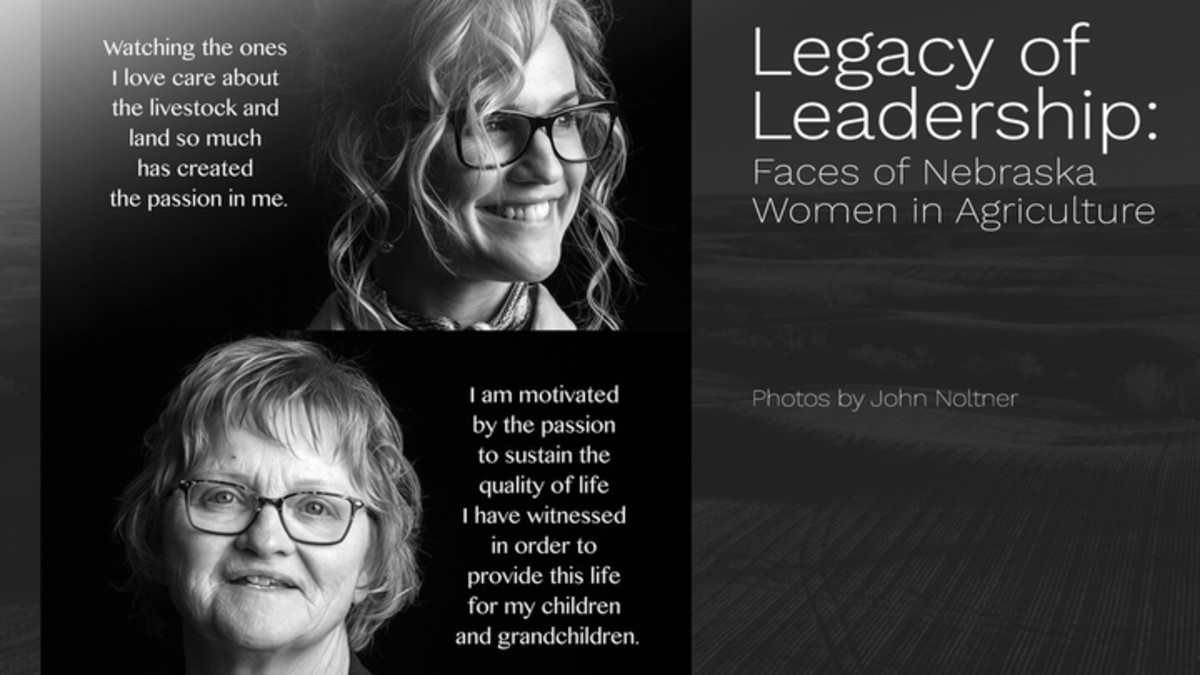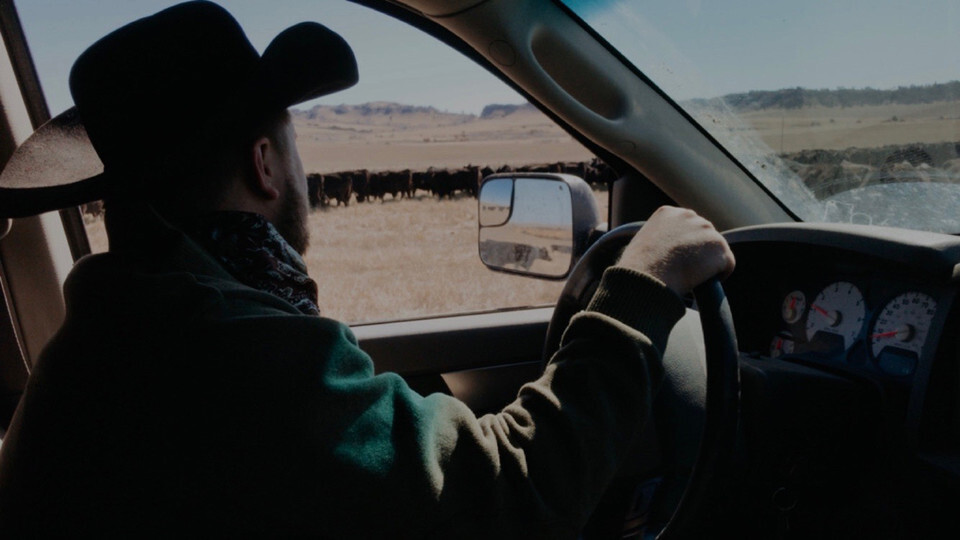
Lincoln, Neb. —On a bluff 30 miles northeast of Chadron, on the Wellnitz Ranch, senior agribusiness major Kane Wellnitz is completing the final stretch of his College of Agricultural Sciences and Natural Resources education.
The first-generation college student is set to receive his undergraduate degree in August, with minors in international business, the Center for Sales Excellence and the Engler Agribusiness Entrepreneurship Program.
“I sit in our bull pasture because I don’t have fast enough internet,” Wellnitz said. “I use my hotspot on my cellphone. I have to find a hill with cell service.”
The driver’s seat of the ranch pickup is where he makes phone calls, sends emails, Zooms and submits assignments. The view from his truck also makes the topics he is studying in class seem very real.
“The other day I sat though farm and ranch management surrounded by our bulls, and that’s how I did class,” Wellnitz said.
Courtesy photo Wellnitz has been working on his family’s ranch near the Pine Ridge Reservation since he was young. His family has farmed and ranched on the land for generations.While students at colleges and universities across the country are adjusting to remote learning, Wellnitz’s situation is more extreme than most. His family’s operation is a 30-mile drive on a gravel road to the closest town, and Wellnitz typically doesn’t make it to town for weeks at a time.
Wellnitz has been working on the family ranch near the Pine Ridge Reservation since he was young. His family has farmed and ranched on the land for generations.
Gathering cattle horseback through ponderosa pine forests and steep cliffs has always been second nature, as has his dedication to agriculture.
In high school, he participated in the FFA program. He chose to attend the University of Nebraska–Lincoln for its nationally recognized agriculture and international business programs.
Wellnitz joined Alpha Gamma Rho Fraternity as a freshman and soon after was voted into his first term as a senator for the College of Agricultural Sciences and Natural Resources in the Association of Students of the University of Nebraska. He has been active in many other campus and ag student organizations, too, all while working — first as a sales rep for Sandhills Publishing and later for Ag Vision International, which works with local food producers in Africa to increase efficiency and sustainability.
After spending time in Africa with Ag Vision International, Wellnitz launched his own ag startup, Savannah Breeders Service, with the help of the Engler program. The business provides livestock genetics to producers in East Africa who would not otherwise have access.
Ultimately, Wellnitz would like to return to ranching, while keeping a foot in the world of international business.
“My goal eventually is to run my own business and go back to the ranch,” he said.
He is already comfortable using the cab of his truck as an office.
Courtesy photo By Natalie Jones | IANR Media
